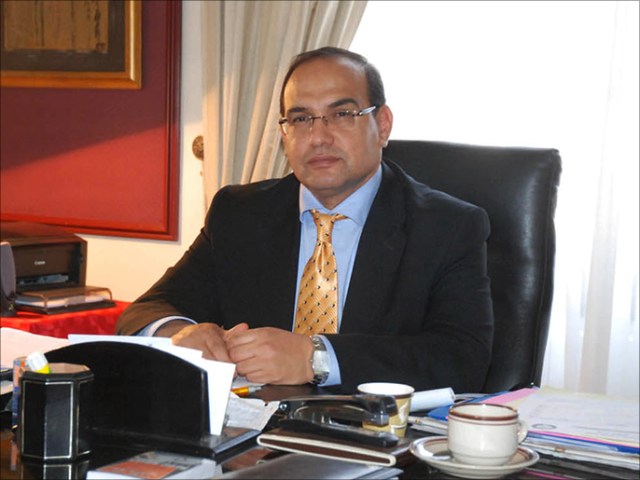Today, Sunday, the Tunisian Renaissance Movement hinted at the possibility of withdrawing its support to Prime Minister Elias El-Fakhfakh against the background of investigations launched by the Anti-Corruption Commission regarding the privileges and deals his companies obtained from the state.
The movement said it was following investigations related to the suspected conflict of interest, which pursued the traps, and damaged the image of the government coalition.
She added that it is necessary to re-assess the party’s position on the government and its coalition, and present it to the Shura Council at its next session to take the appropriate decision.
Al-Nahda has not yet set a date for the next session of the Shura Council, and the date is usually set one or two days before the assembly is convened, and it is like the movement's parliament.
On Saturday evening, the Executive Office of the Renaissance Movement held a meeting chaired by the Movement’s President, Speaker of Parliament, Rashid Ghannouchi, to discuss political developments and parliamentary affairs, according to a statement of the movement today, Sunday.
Preoccupation and anxiety
In the statement, Ennahdha expressed its preoccupation with the delicate economic and social situation in the country, which imposes the solidarity of all national forces to overcome the crisis, in return for the Prime Minister's refusal to respond to calls to expand the government coalition, making it more coherent, harmonious and able to face these challenges.
Since February 27, Fakhfakh has chaired a government coalition that includes 4 main parties and a parliamentary bloc, the Ennahda Movement (Islamist - 54 deputies from 217), the Democratic Movement (Social Democratic-22), the People's Movement (Nasseri-15), the Long live Tunisia (liberal-14), and the National Reform Bloc (independents and liberal-16 parties).
The movement also expressed concern about what it called the state of disintegration experienced by the government coalition, the absence of the required solidarity, and the attempt by some of its partners in more than one station to "target the movement and line up with the forces of political extremism to pass suspicious parliamentary options, deviate from the People's Parliament (parliament) from its true role in serving issues." National. "
Confirm and deny
The Organization of Good Governance and Anti-Corruption in Tunisia confirmed last Monday that there is a suspicion of conflicts of interests for Prime Minister Elias Al-Fakhakh, for having shares in companies that deal with the state commercially, which is prohibited by law.
Chairman of the Commission, Shawky al-Tabib, told a closed hearing of the Administrative Reform and Anti-Corruption Committee in Parliament that Prime Minister Elias al-Fakhakh did not inform the authority of the procedures and details of his contributions to 5 companies, some of which concluded commercial deals with the state.
The doctor said at the hearing - which was devoted to discussing accusations of the prime minister of conflicts of interest - that the commission will implement the law that does not allow traps to engage in commercial activity in his capacity as prime minister.
On June 25, al-Fakhfakh, in a parliamentary session, denied the accusations against him, saying, "I have declared the gains with the Anti-Corruption Commission since we were given confidence on February 27, and relinquished responsibility in the board of directors of a company two months ago, on April 15 / Last April. "
"I decided to voluntarily give up my contributions to a company, to raise all suspicions," he added.

